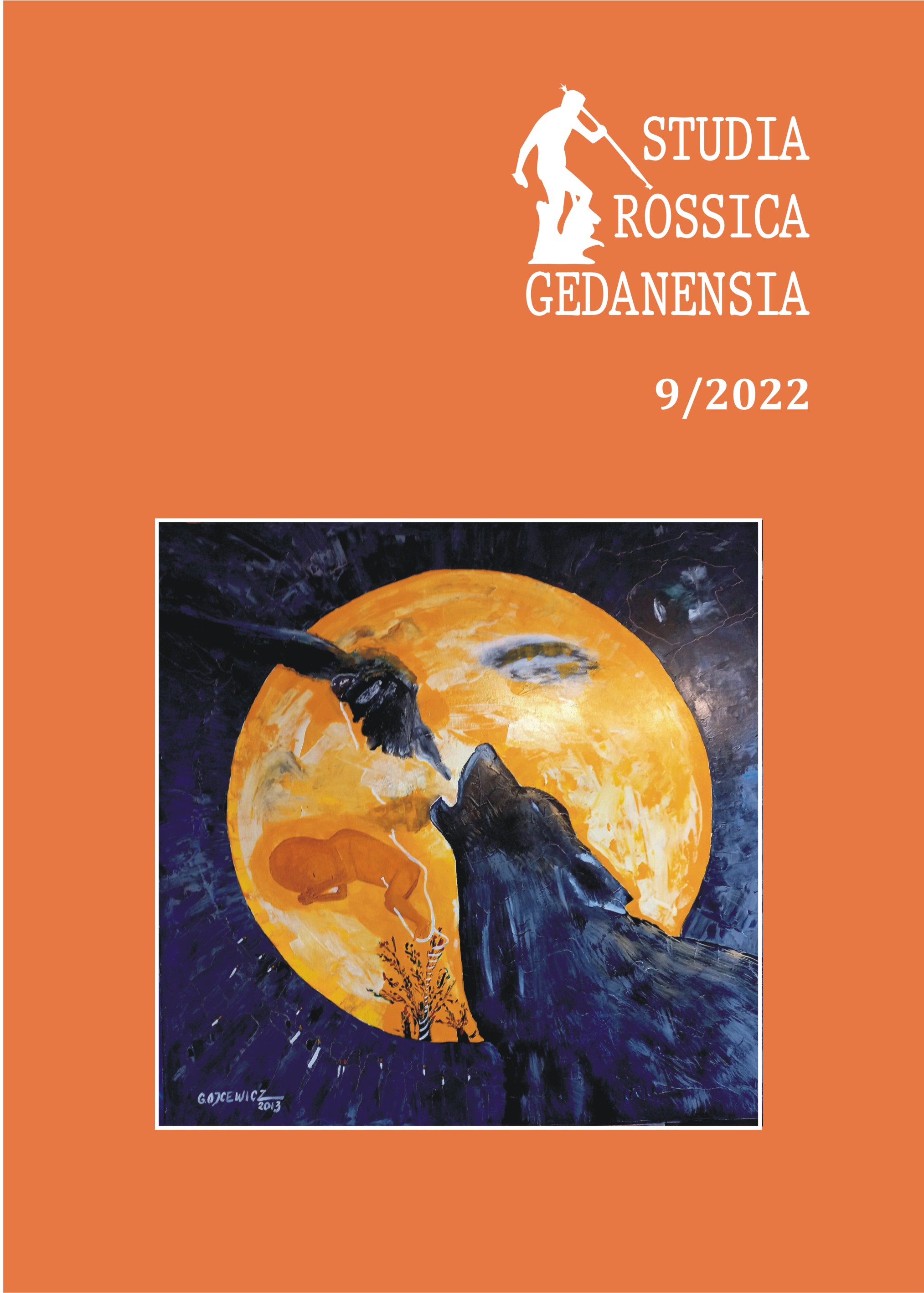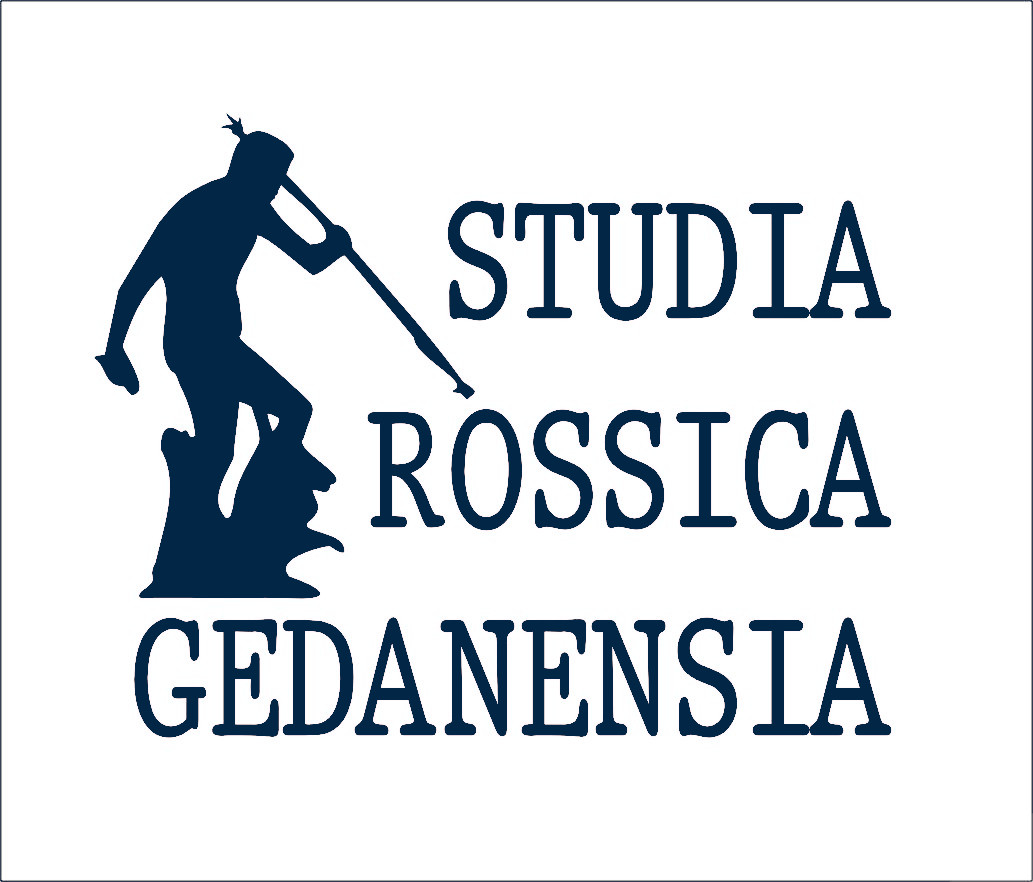Русский язык в первом семестре 2022 учебного года в Японии
Słowa kluczowe:
Russian, foreign language, motivation, Japan, Russian invasion of UkraineAbstrakt
The Russian language in the first semester of the 2022 academic year in Japan
This article analyzes the results of a survey carried out among Japanese students who start and continue to learn Russian alongside their majors at the Kyoto University. Due to the Russian invasion of Ukraine which started on February 24th, 2022, Russian as a foreign language has been experiencing new challenges. In Japan, the academic year begins in April. Thus, the first semester (April through July) shows in the real time what the students think of learning the Russian language. Some students explain their choice of Russian with a great degree of attention paid to Russia in the media. Most students agree that learning a language broadens their worldview. Compared with the beginning of the semester, more students state their concerns regarding the stigmatization of the Russian language and its learners themselves. For Russian language teachers, revisiting the philosophy of their work is a vital task to reduce the students’ anxiety.
Downloads
Bibliografia
Japanese Association for the Study of Russian Language and Literature. (2000). The Japanese and Russian language. Tokyo: Nauka (in Japanese).
Kaneko, Y. (2014). Why do you learn Russian? – Voices of learners of Russian coming from the survey of all-Japanese universities' students of six foreign languages in 2012. Roshiago Kyoiku Kenkyuu, 5: 21–41 (in Japanese).
Miyamoto, Y., Yokoi, S., Hayashida, R. (2014a). Japanese learners’ motivation to learn Russian: Results from a nation-wide survey across six foreign languages. Roshiago Kyoiku Kenkyuu, 5: 1–12 (in Japanese).
Miyamoto, Y., Yokoi, S., Hayashida, R. (2014b). Japanese learners’ motivation to learn Russian: An application of the expectancy-value model. Roshiago Kyoiku Kenkyuu, 5: 13–20 (in Japanese).
Ogoshi, N. (2006). Image of Korea and Learning of Korean Language. Language, Information, Text, 13(1): 27–41 (in Japanese).
Ogoshi, N. (2019). The Relationship between Korean Language Learning and Image of Korea: The Present State and Changes based on Questionnaire Surveys of Korean learners of Japanese university students. Language, Information, Text, 26: 27–40 (in Japanese).
Oishi, I. (2007). Prohibit English. Tokyo: Goma Shobo (in Japanese).
Oki, M. (2014). Characteristics of motivations across the foreign languages and summary of the research. Gengo Kyoiku EXPO (in Japanese). (Online) http://www.waseda.jp/assoc-jacetenedu/expo2014.pdf (access: 13.09.2022).
Internet sources
АBC NEWS. (2022). Interview of students of Kobe City University of Foreign Studies. (Online) https://www.asahi.co.jp/webnews/pages/abc_14741.html (доступ: 13.09.2022).
Âponskaâ associaciâ Rusistov. (2022a). Obʺâvlenie protesta protiv vtorženiârossijskih vojsk v Ukrainu. (Online) https://yaar.jpn.org/?p=369 (доступ: 13.09.2022) [Японская Ассоциация Русистов. (2022а). Объявление протеста против вторжения российских войск в Украину. (Online) https://yaar.jpn.org/?p=369 (доступ: 13.09.2022)].
Âponskaâ associaciâ Rusistov. (2022b). Otkrytoe pisʹmo tem, kto izučali ili sobiraetsâizučatʹ russkij. (Online) https://yaar.jpn.org/?p=94 (доступ: 13.09.2022) [Японская Ассоциация Русистов. 2022б. Открытое письмо тем, кто изучали или собирается изучать русский язык. (15.03.2022) (Online) https://yaar.jpn.org/?p=94 (доступ: 13.09.2022)].
Izvestiâ. (2022). Ukazatelʹ na russkom âzyke vernuli na stancii metro v Tokio. (Online) https://iz.ru/1320976/2022-04-15/ukazatel-na-russkom-iazyke-vernuli-na-stantciiu-metro-v-tokio (доступ: 13.09.2022) [Известия. (2022). Указатель на русском языке вернули на станции метро в Токио. (Online) https://iz.ru/1320976/2022-04-15/ukazatel-na-russkom-iazyke-vernuli-na-stantciiu-metro-v-tokio (доступ: 13.09.2022)].
Levada Centr. (2022). Konflikt s Ukrainoj. Avgust 2022 goda. (Online) https://www.levada.ru/2022/09/01/konflikt-s-ukrainoj-avgust-2022-goda/ (доступ: 13.09.2022) [Левада Центр. (2022). Конфликт с Украиной. Август 2022 года. (Online) https://www.levada.ru/2022/09/01/konflikt-s-ukrainoj-avgust-2022-goda/ (доступ: 13.09.2022)].
Tokijskij universitet meždunarodnyh issledovanij. (2022). Otkrytoe obraŝenie sprotestom protiv vtorženiâ rossijskih vojsk v Ukrainu. (Online) http://www.tufs.ac.jp/NEWS/notice/220307_1.html (доступ: 13.09.2022) [Токийский Университет международных исследований. (2022). Открытое обращение с протестом против вторжения российских войск в Украину. (Online) http://www.tufs.ac.jp/NEWS/notice/220307_1.html (доступ: 13.09.2022)].

 Uniwersyteckie Czasopisma Naukowe
Uniwersyteckie Czasopisma Naukowe



_(1).png)





